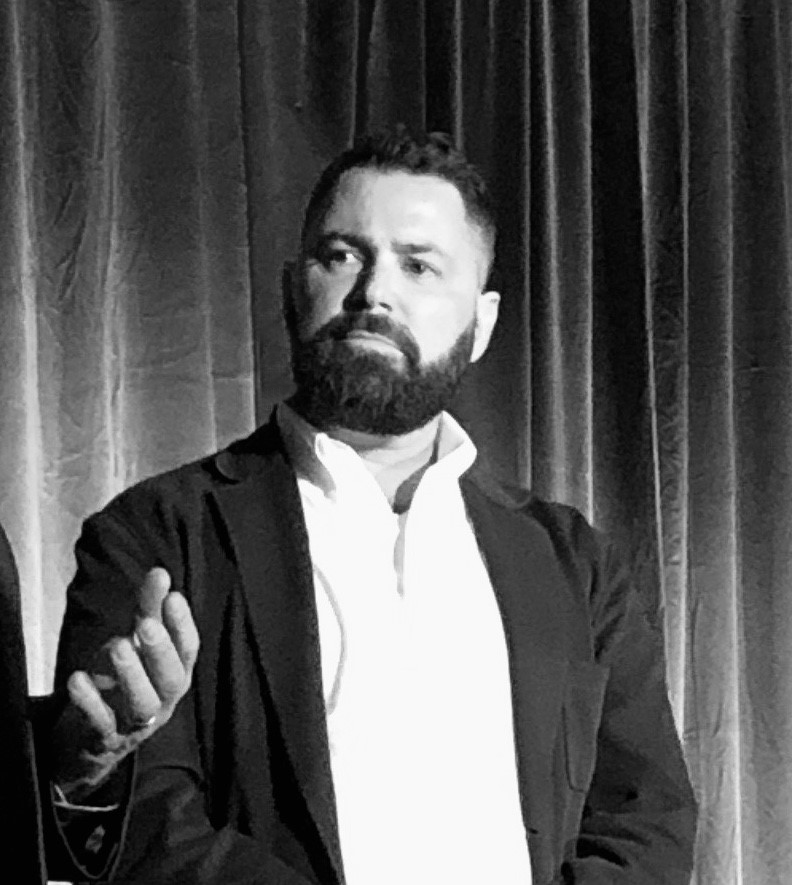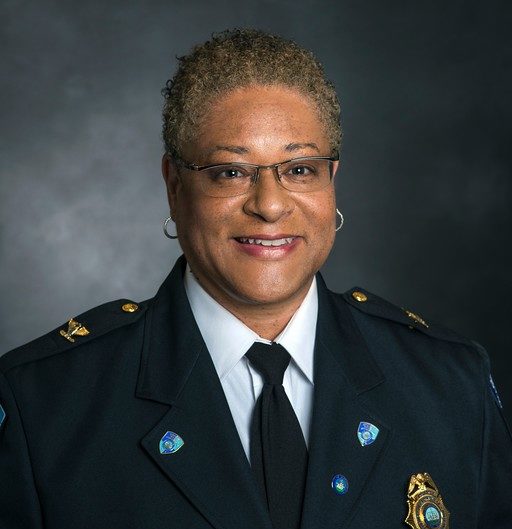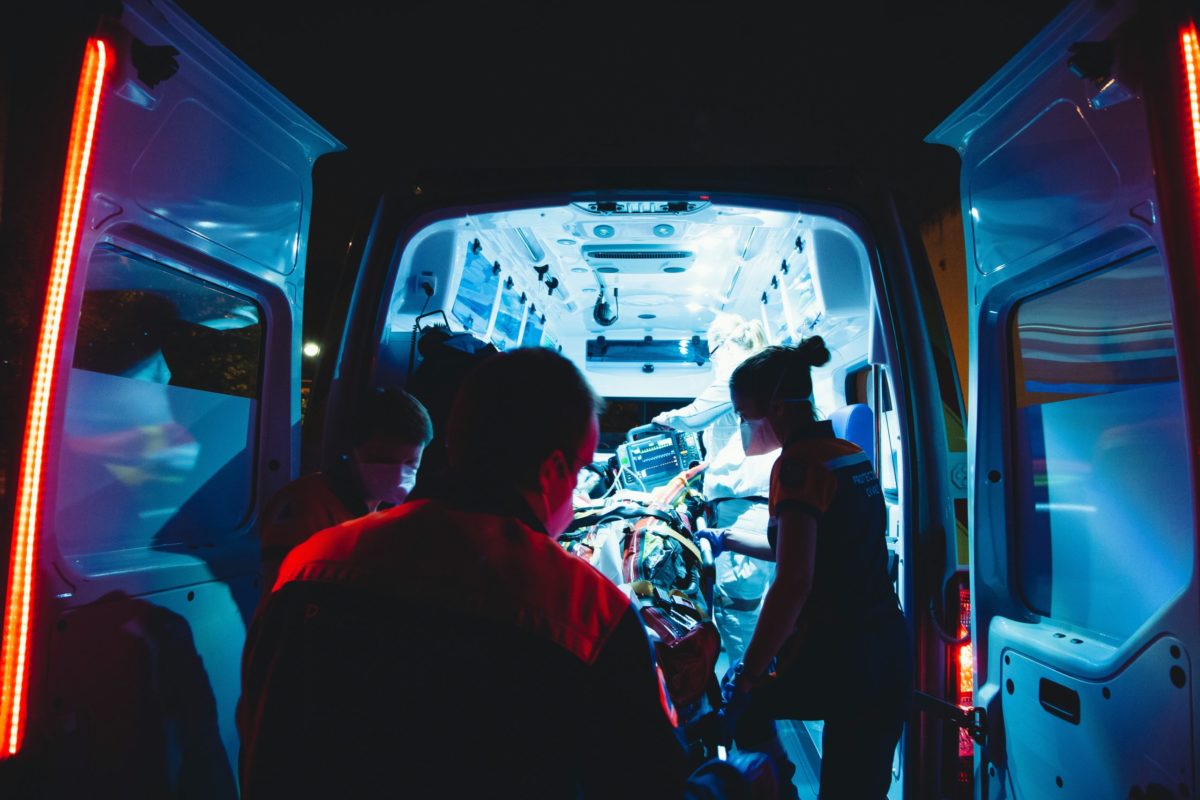Just a few weeks after the tech shortcomings of DC’s 911 call centers were revealed, community leaders just across the river seem to have a solution for their own system.
With new technology from software developer RapidDeploy, which went live Wednesday in Alexandria, Virginia, city officials are hoping to improve location accuracy for 911 call-takers.
RapidDeploy, the Austin-based “cloud-aided dispatch” company with a presence in Bethesda, Maryland, is partnering with the city to introduce new technology for 911 calls. The cloud-native platform, known as Radius Plus and hosted in Microsoft Azure, offers a real-time map of emergency calls made from cell phones.
On top of the location offerings, it also shows data from weather and traffic camera visuals for the call-takers, and has real-time text message translation in 60 languages.
RapidDeloy CEO Steve Raucher teamed up with Renee Gordon, director of the Alexandria Department of Emergency Communications, to deploy the new technology. Raucher, who is also a cofounder of RapidDeploy, originally developed the company in South Africa with the hopes of bringing cloud tech to 911 call centers in the US.
“When I saw the beginnings of the system that [cofounder Brett Meyerowitz] had built, with a combination of his technical prowess and some business skill on my side, we realized we could actually scale this business and save thousands of lives,” Raucher told Technical.ly.

The news comes after a report released last month which detailed the shortcomings of the 911 centers in DC. Namely, it found that even though the technology exists for call-takers to track cell phone call locations, call-takers primarily don’t use it and instead rely on callers to describe their location. One of the primary reasons was that call-takers didn’t find current technology particularly accurate.
Although the report didn’t include the city, one current problem in Alexandria, Gordon and Raucher said, is that the previous technology often directed calls to the wrong call centers. Since it tracked callers based on their cell towers, if someone called from one side of the river and the stronger signal was from a cell tower on the other side, they’d get directed to the wrong call center.
The new system, according to Raucher, shows the cell tower location of where the call is coming from, but also a radius of the caller themselves. That way, if the call is wrong, a responder can transfer the call in a shorter amount of time.
It’s a necessary product, Gordon said, because it reduces the amount of time needed to transfer calls.
“These maps need to see each other,” Gordon said. “So if a call comes to DC and it’s my call, I should be able to see it on my map before DC gets the call and calls me back and says, ‘hey Renee you have a call that bounced over to us.’ That’s the amazing thing about it is that we already have [the call], we will already have it.”
The new system follows a period of innovation for 911 calls in Alexandria, led by Gordon. During the pandemic, she spearheaded the effort to find a way for call-takers to work remotely, becoming one of the first centers in the area to do so.
“Alexandria likes to lead, we like to dive in and we like to be the ones that try it out and make 911 what it should be,” Gordon said. “It should have been [that way] a long time ago and bringing us together is just great for the National Capital Region.”

911 centers as a whole, Raucher added, are going through a period of rebuilding following the explosion of cell phone use and tech development over the past few decades.
“There’s been this natural evolution,” Raucher said. “…It’s also been exacerbated by the number of ransomware attacks up and down the East Coast on 911 centers, which are plaguing 911 world. All of this leads to this digital transformation that we’re in right now.”
With the new tech option, Gordon said, callers can return to an old expectation: knowing that the call centers can find where they are with the same previous accuracy of landline calls. On top of Alexandria, RapidDeploy’s technology is already used in states including California, Kansas and Kentucky as well as Baltimore City. It is also going live in Montgomery County, Maryland, later this week.
“With this tool in our toolbox, they can have that same expectation that they had when they used to call from home and that’s what we want them to have,” Gordon said. “We want them to have confidence in us and we want to get it right every time.”







